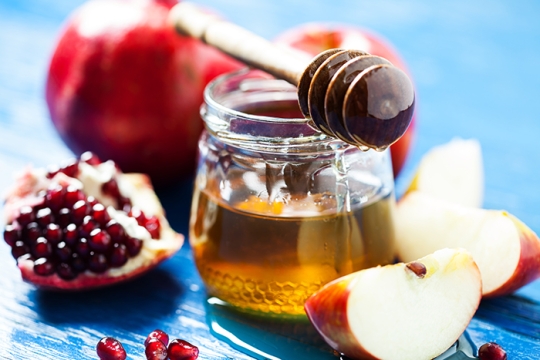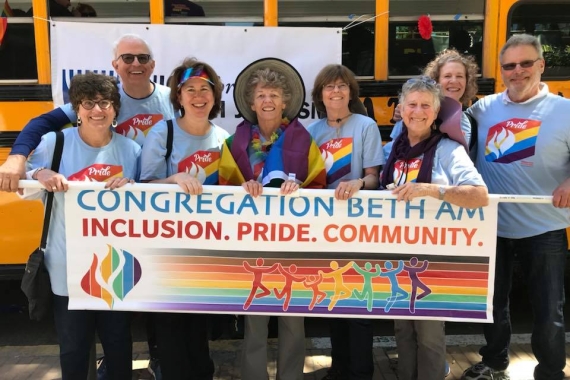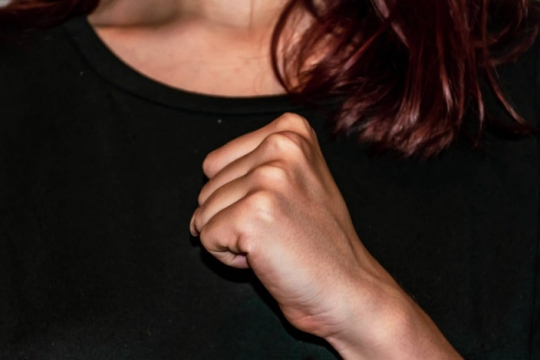

Day of Atonement

Yom Kippur means "Day of Atonement" and refers to the annual Jewish observance of fasting, prayer, and repentance. Part of the High Holidays, which also includes Rosh HaShanah (the Jewish New Year), Yom Kippur is considered the holiest day on the Jewish calendar.
Yom Kippur is the moment in Jewish time when we dedicate our mind, body, and soul to reconciliation with our fellow human beings, ourselves, and God. As the New Year begins, we commit to self-reflection and inner change. As both seekers and givers of pardon, we turn first to those whom we have wronged, acknowledging our sins and the pain we have caused them. We are also commanded to forgive, to be willing to let go of any resentment we feel towards those who have committed offenses against us. Only then can we turn to God and ask for forgiveness. As we read in the Yom Kippur liturgy, “And for all these, God of forgiveness, forgive us, pardon us, and grant us atonement.”

Many congregations offer virtual High Holiday services and programs for non-members.
Subscribe to get inspiring email newsletters.
Thank you for subscribing to emails from ReformJudaism.org! Please check your inbox for our emails, and to manage your subscriptions.
Find connection, community, learning, and spirituality at a welcoming Reform congregation near you.

Honor a Jewish hero for justice by making a tax-deductible gift to the Union for Reform Judaism in his or her name. Your gift will provide funding for creative Reform Jewish programming and help ensure the continued growth and strength of Reform Judaism.


